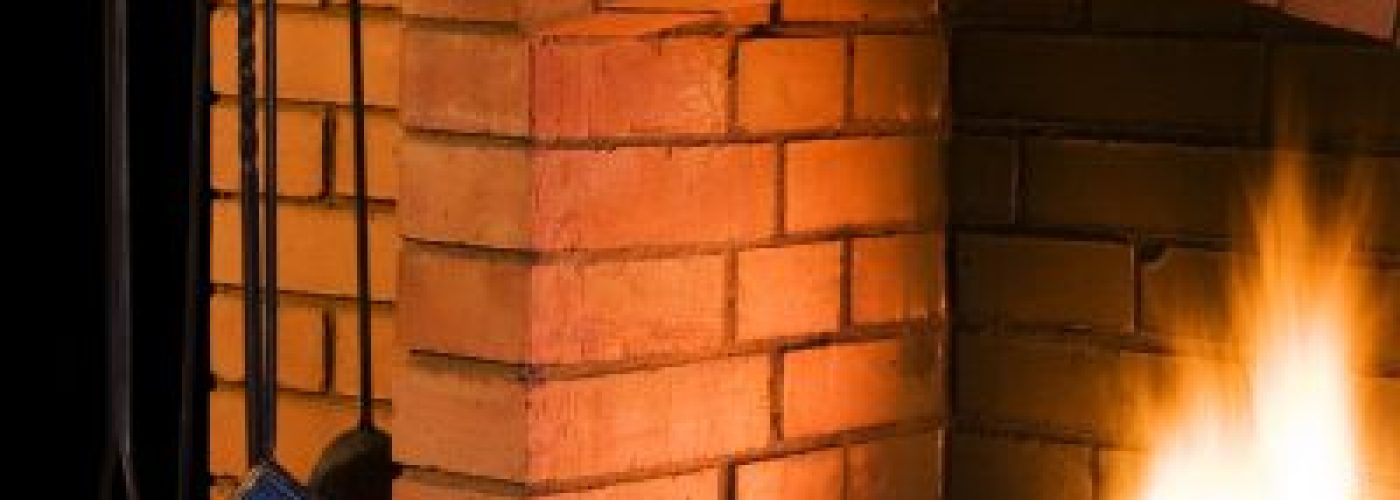Wood and coal fuel specialist, Logs Direct, has issued a warning of an impending flue epidemic during Chimney Fire Safety Week (September 5 to 11).
Logs Direct says that Brits have been overtaken by ‘logmania’ over the last few years and in January 2006 it was reported that the last 12 months had seen a 20% rise in the sale of wood burning stoves, while HETAS reported a 60% increase in the number of wood burners over the last seven year period.
The company added that although people are showing a trend towards burning wood, there are far too few homeowners and hospitality providers having to get to grips with how to burn wood.
This puts a significant proportion of wood burning homes and establishments at risk of a chimney fire, which affects 5,000 properties in Britain every year.
It partly puts this down to an innate desire for British people to be wood seeking hunter gatherers, foraging for wood, raiding skips and most of all buying unseasoned, ‘wet’ logs from timber suppliers and farm gates.
Although these may appear dry, the ‘wet’ reference comes from the fact that, on felling, their water content can be as high as 80pc.
For a log to burn efficiently, the water content should only be 20pc or lower, which means that logs need to be left to dry, in the right climatic and storage conditions, for as long as two summers and a winter, if they are a hardwood such as oak, beech, hornbeam and sycamore.
Even conifers and hard growing broadleaves such as ash, birch and and poplar need to be seasoned for one spring and one summer.
This means that anyone buying wood from farm and country suppliers, and wishing to use it immediately, should seek assurance that the wood has been seasoned properly.





